Residents across Burundi are voicing frustration over the government’s failure to regulate prices of essential goods, despite President Évariste Ndayishimiye’s 15-day deadline to the Ministry of Commerce to establish official pricing.
During a public address in late December, President Ndayishimiye emphasized the urgency of tackling inflation and speculative pricing, stressing the government’s responsibility to protect consumers.
“The issue of individuals setting prices as they wish is unacceptable. We need to regulate prices. This practice must stop because it is troubling,” he said, warning of potential consequences for non-compliance within the ministry.
Jennette, a resident of Ngozi Province in northern Burundi, expressed dismay at the unchanged prices:
“Prices haven’t gone down. A kilogram of rice commonly known as ‘Kigori’ costs 4,000 BIF, ‘Umunyabujumbura’ rice is 5,000 BIF, and another type costs 6,000 BIF. Beans like ‘Musirimu’ are 4,000 BIF per kilogram, and smaller beans are 3,500 BIF. There’s no relief.”
Chani, a resident of Bujumbura, linked the crisis to fuel shortages:
“The prices remain the same. Without an adequate supply of fuel, prices won’t drop. Fuel shortages disrupt transportation, making it harder for traders to bring goods to the city. Let the government prioritize fuel first—only then will prices decrease.”
Séverine S., a restaurant owner in the capital, criticized the lack of implementation:
“Prices continue to rise instead of falling. We don’t understand this situation, especially after the President’s clear directive. If the President gives an order, it must be executed. The Ministry of Commerce should lead the way in implementing the President’s speech.”
Capitoline, from Kayanza Province, highlighted the financial strain on families:
“A kilogram of rice costs 4,000 or 5,000 BIF, corn flour is 2,000 BIF, and a bunch of bananas ranges from 12,000 to 15,000 BIF. Prices have risen significantly. For large families, this is a huge challenge. We need urgent action to reduce prices.”
In Cibitoke, Burundi’s western province, Itangishaka noted the scarcity of Brarudi beverages:
“Here, Brarudi beverages are scarce because sellers hoard them and sell them secretly at high prices. There has been no improvement at all.”
Local civil society organizations, including PARCEM, have raised concerns about the practicality of the President’s directive. Faustin Ndikumana, PARCEM’s leader, highlighted structural issues that make price regulation difficult:
“It becomes difficult to set prices when the supply chain is unregulated, and fuel shortages persist. Without addressing these foundational problems, price controls could discourage suppliers, leading to shortages and even higher prices.”
As an alternative, PARCEM recommends boosting the availability of goods by facilitating imports, improving supply chain efficiency, and supporting local production.
“Prices stabilize naturally when supplies increase, and transportation becomes easier,” Ndikumana explained, advocating for structural reforms over short-term fixes.
The opposition party UPD Zigama Ibanga echoed these concerns, urging the government to focus on logistical improvements. Party leader Abdoul Kassim emphasized the scarcity of diesel fuel as a significant barrier to effective price regulation, calling for collaboration between the Ministry of Commerce, traders, and consumers.
“Decisions made without consultation can lead to undesirable outcomes,” Kassim warned.
With the 15-day deadline now expired, citizens call for accountability and immediate action to ease the financial burden on households. Whether the Ministry of Commerce can meet the President’s mandate remains an urgent and pressing question.

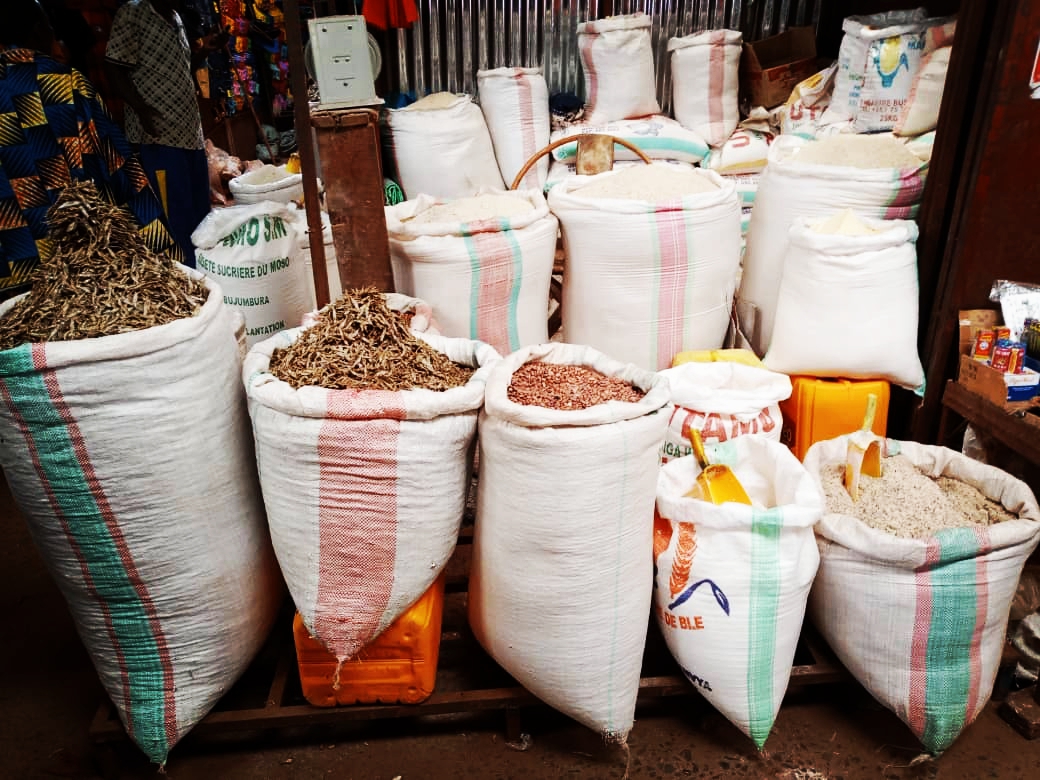
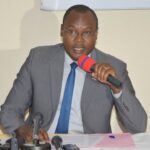
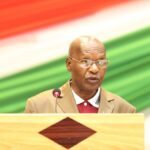
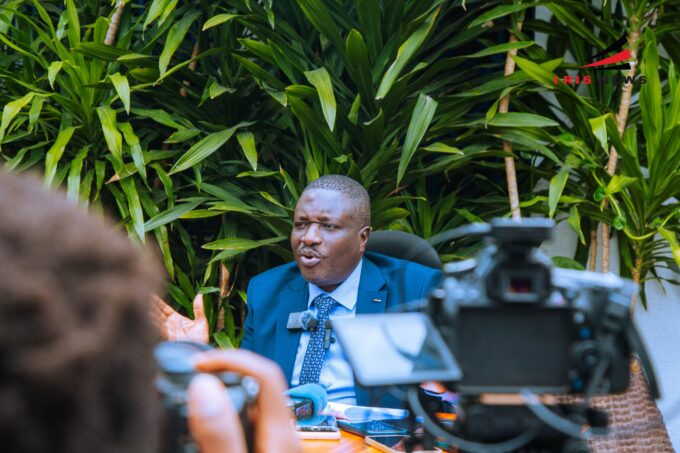
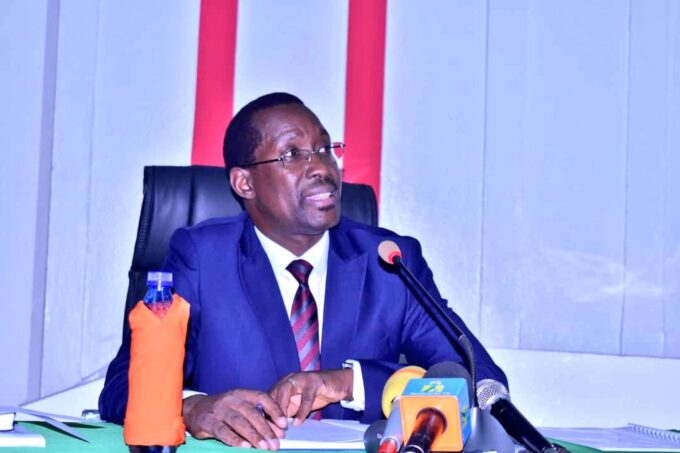
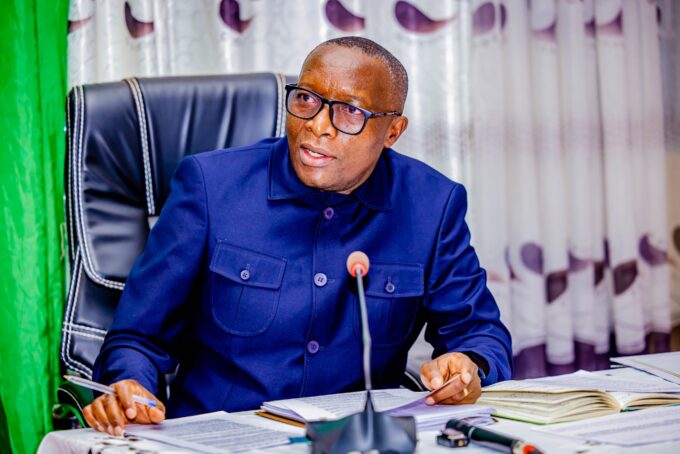
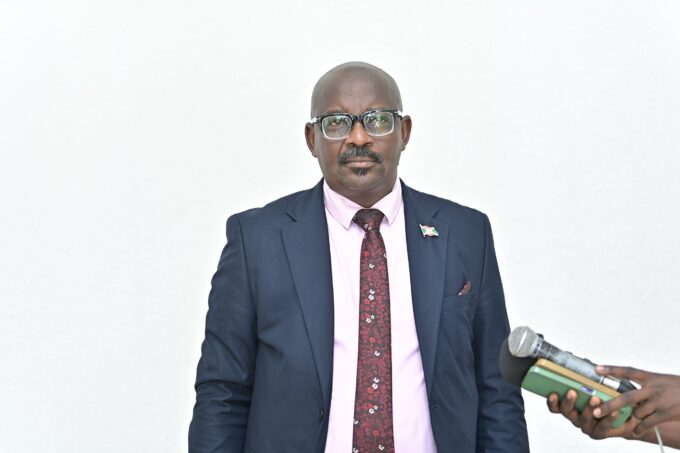
Leave a comment